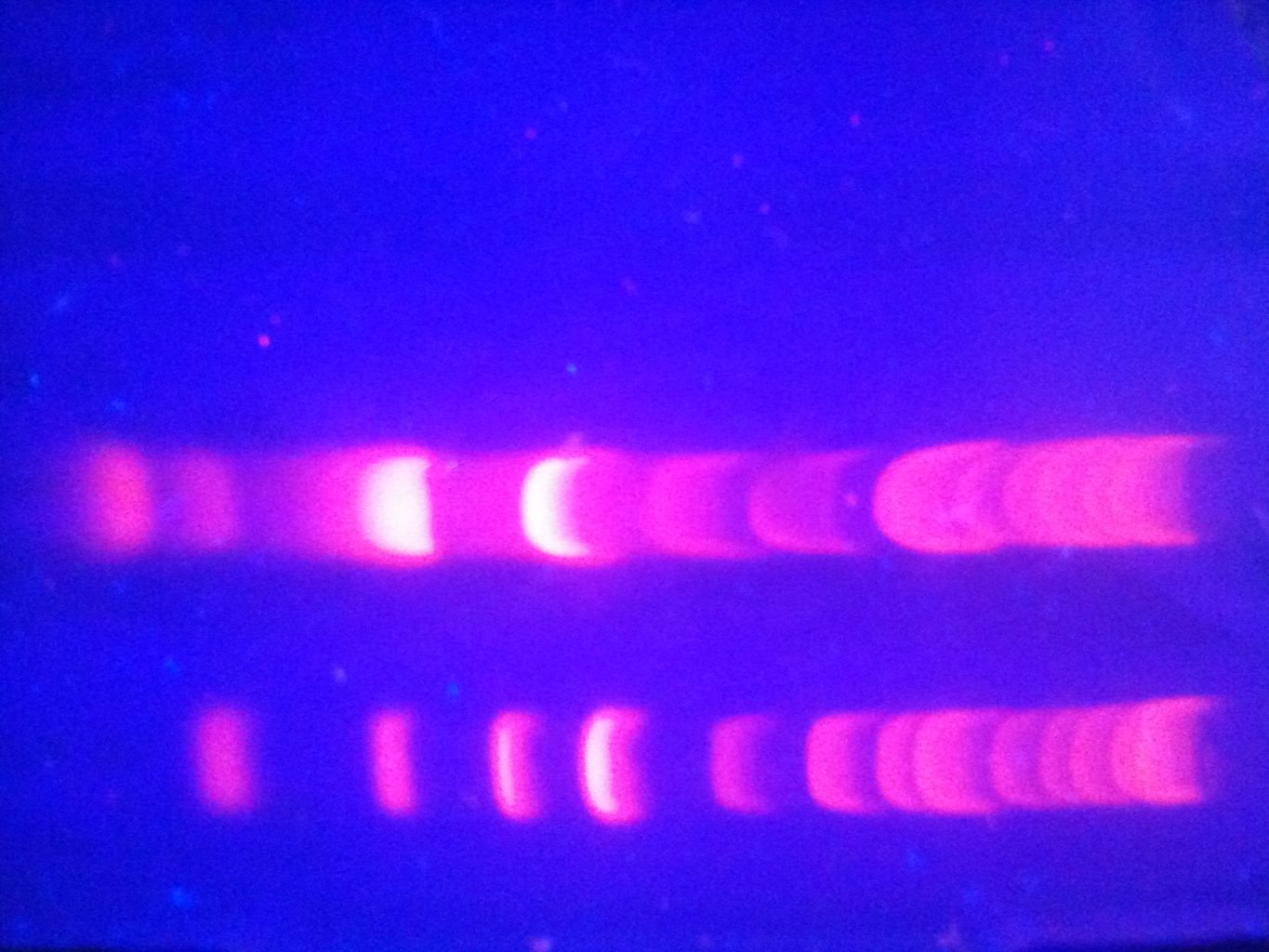Warwick-Developed Computer Systems Discover Ancient DNA
Computer systems developed in Warwick’s Science department have helped uncover the oldest DNA sequences from our animal ancestors in a project alongside the University of Leicester.
The project was established by Dr Sascha Ott of Warwick and Dr Eran Tauber of Leicester in order to find out which DNA sequences from ancient history are still present in modern species.
Rather than looking under microscopes, the team used computer programs to examine and compare these sequences.
Dr Ott said: “Using sophisticated algorithms developed at Warwick’s Computer Science department we computationally examined each pair of sequences very intensively for any bit of conserved sequence.
“We then applied statistics to establish what level of sequence similarly exceeded random expectation.”
The team identified 322 DNA regions that have survived from around 180 million years ago which still exist in modern animals such as insects, mammals, reptiles, jellyfish and the sponge.
The oldest sequence identified originated from around 670 million years ago and is thought to be influential in the development of embryos.
Dr Tauber, from the Department of Genetics in Leicester said: “We are extremely excited about identifying these ancient DNA elements.
“Their conservation indicates that they serve an important function, and there is already some experimental evidence to suggest that this is indeed the case.”
The next stage of the project is to discover the functions of these genes. By discovering what jobs these DNA sequences complete within organisms, the findings can be used to affect modern species.
Dr Tauber admits that the work involved will stretch the resources of his team.
He said: “Given we have uncovered hundreds of sequences and each one makes a significant amount of lab work, we decided to publish all of these now as we will not be able to work on them all ourselves.”

Comments